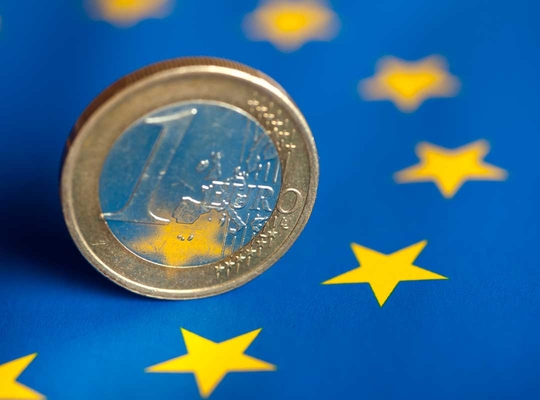You are here
Charles Michel’s European multi-annual budget and Recovery Fund proposals: “The intentions are good, but it’s too little”

The N-VA delegation in the European Parliament has a cautiously positive reaction to Charles Michel’s proposals on the European multi-annual budget and the European Recovery Fund. Delegation leader Geert Bourgeois sees a number of matters shifting in the right direction, although it is by no means enough. “EUR 5 billion for all regions and sectors affected by Brexit? That’s no more than a token gesture.”
Compensation fund to absorb Brexit
One of the positive aspects of Charles Michel’s proposal is the impetus for a compensation fund to deal with the consequences of Brexit. Geert Bourgeois points out that he was the first to ask that the EU show solidarity with the regions and sectors most affected by Brexit. He reiterates that in the event of a hard Brexit, Flanders will lose 2.6% of its GDP The gross domestic product (GDP) is the total monetary value of all goods and services produced within a country, both by companies and the government. This term is usually used as a benchmark for a country’s prosperity. This is why the N-VA closely follows the evolution of the Belgian GDP. GDP and 28,000 jobs. Even in the case of an agreement, the loss is still very large. In this sense, the proposed amount of EUR 5 billion for all affected regions combined is nonetheless far too low.
Coronavirus: EUR 37 billion for barely-affected Poland, EUR 5.5 billion for Belgium
It is also positive that the President of the European Council wants to take the actual impact of the coronavirus crisis into account when allocating resources, in contrast to the European Commission’s earlier proposal. He wants to allocate 30% of the recovery fund on the basis of the drop in GDP in 2020 and 2021. However, that is completely insufficient, Geert Bourgeois says. “The whole package should be based on the decline in prosperity caused by the coronavirus crisis. At least the ratio (editor’s note: 30/70) should be reversed. It is significant in this respect that I have not received an answer to my written question of 3 June to the European Commission on the pre-coronavirus crisis criteria used by the Commission. For example, Poland, which is barely affected, is getting EUR 37.7 billion in grants from the Recovery and Resilience Facility, while Belgium, which scores worse than the EU average, is only getting EUR 5.5 billion.”
The EU is on its way to becoming a debt union
The N-VA group is also disappointed that Charles Michel is also going down the road of a debt union and is moreover opting for the skewed ratio of EUR 500 billion in grants and only EUR 250 billion in loans. Here too, the ratio should at least be reversed. Fortunately, each Member State will have to submit its own recovery plan, assessed on its merits by the Commission and approved by the Council.
Finally, Geert Bourgeois speaks for the N-VA delegation when he stresses that a real recovery policy for the Union must focus on research, development and innovation. “That is why I find it incomprehensible that Charles Michel is not making enough of a shift to a forward-looking budget. Although there is EUR 13 billion for Research & Development in the Coronavirus Recovery Fund, this is far too little, and in the multi-year budget, it reduces the budget by EUR 5 billion. The intentions are good, but it’s too little. The world is not waiting for us.”

